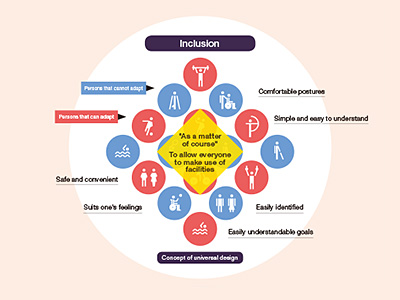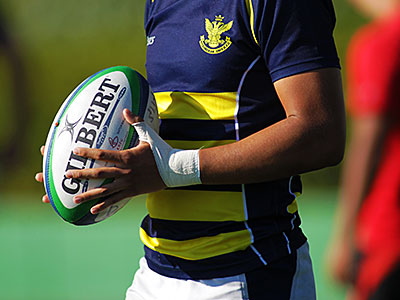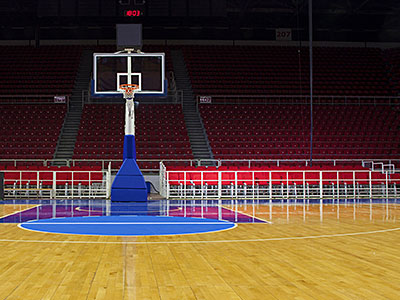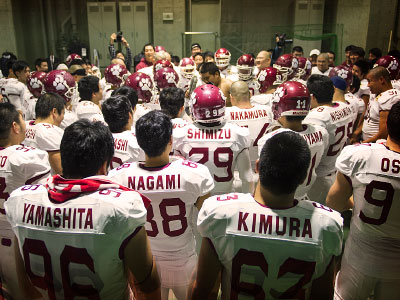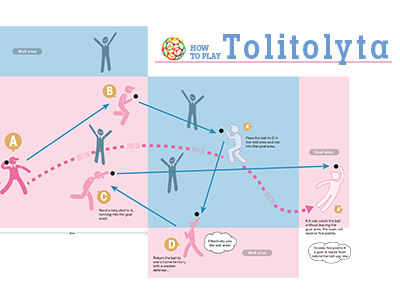STORY #9
Relationships of
trust making for
a stronger team
Kazuho Yamaura
Professor, College of Sport and Health Science
Relationships between the head coach and players in a winning team overcoming differences of actual potential
Before you know it, a weaker team on paper can beat a strong team via untiring efforts and teamwork, to advance through a tournament. Have you ever felt this exhilarating feeling, while witnessing the miraculous advance of a team overwhelmingly inferior in terms of potential defeating a higher-ranked team?
"In team sports, factors apart from skill or athletic ability can greatly affect the competitiveness of a team," Kazuho Yamaura says, while explaining the reason why differences in actual potential are not the only factor that decides a winner. Studying human relationships and leadership in corporate organizations and team sports, Yamaura pays attention to relationships between leaders such as managers and coaches and their followers or players, and conducts surveys and research on how they make a winning team.
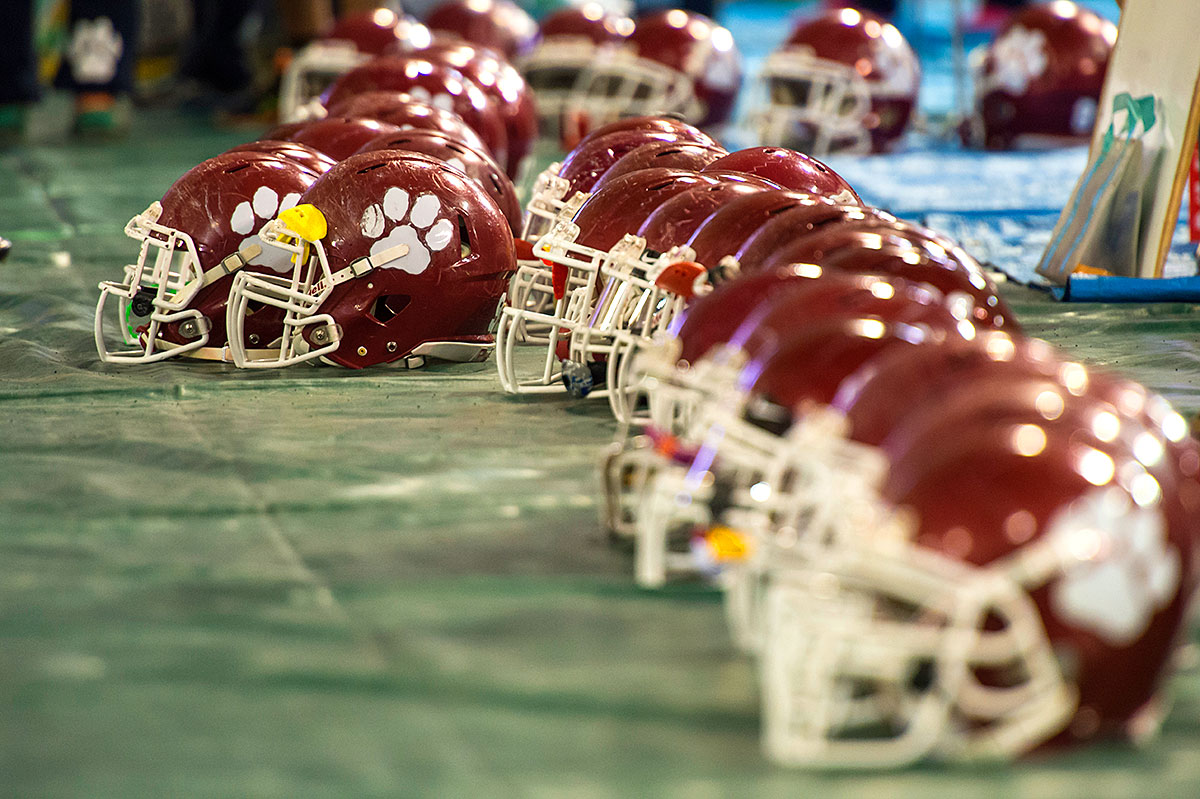
Corporate organizations and sports teams are the same as organizations, and they share many points in terms of their vitalization. What is interesting regarding Yamaura's studies of corporate organizations as subjects is that the way that superiors express praise or disapproval can contribute to organizational improvements.
Based on corporate survey results, Yamaura clarified that to enable praise to have a positive effect, trusting relationships are necessary between leaders and followers. "What is important before an act of praising or disapproval is whether there is a trusting relationship in place as a basis. Without such a relationship, words of praise will not actually affect the counterparty, or they could even cause a negative effect," Yamaura says, adding that if one praises someone else, the subject of the praise is important.
"When a superior observes the efforts that his or her subordinate makes and praises the process, it will lead to positive effects," according to Yamaura. Without understanding how subordinates work, a superior cannot praise the process of efforts. At a certain company where Yamaura conducted training, the positive utilization of a system to record operations and employee development was encouraged to share information.
Consequently, as the mutual understanding of each employee's work improved, superiors became able to genuinely praise subordinates, and as additional effects, communication became more active and the workplace atmosphere improved. At the same time, through her surveys, Yamaura confirmed that mutually negative or bitter speech and behavior would cause the collapse of relationships of trust.
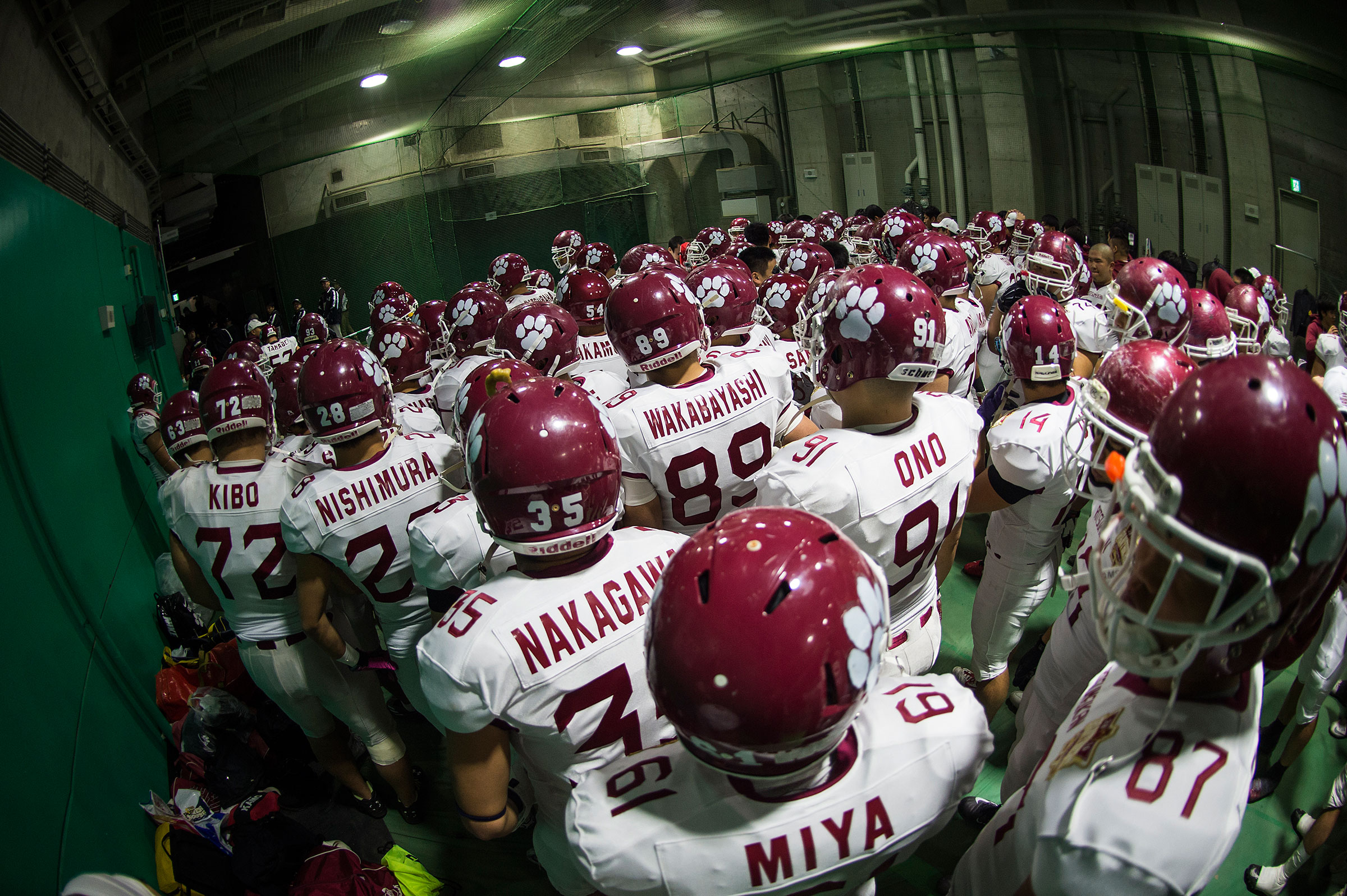
Such relationships between a leader and followers in a corporate organization can often be found in sports teams. Yamaura conducted a survey of American football and rugby teams at universities and high schools. In addition to inquiries to managers, coaches, and other leaders and players, she observed both games and training sessions, pursuing in detail the organizational makeup of sports teams for a one-year period.
"In a team that makes me feel, 'That is a good team,' as is the case with corporate organizations, the manager and coaches positively talk to players and maintain communication, while of course praising them," Yamaura says, while talking about the results from the survey. In teams, where the manager and coaches always try to maintain good relationships with the players, players often show the leaders their respect and trust. If you can build a relationship like this, the players can willingly accept the strict guidance that must be given from time-to-time.
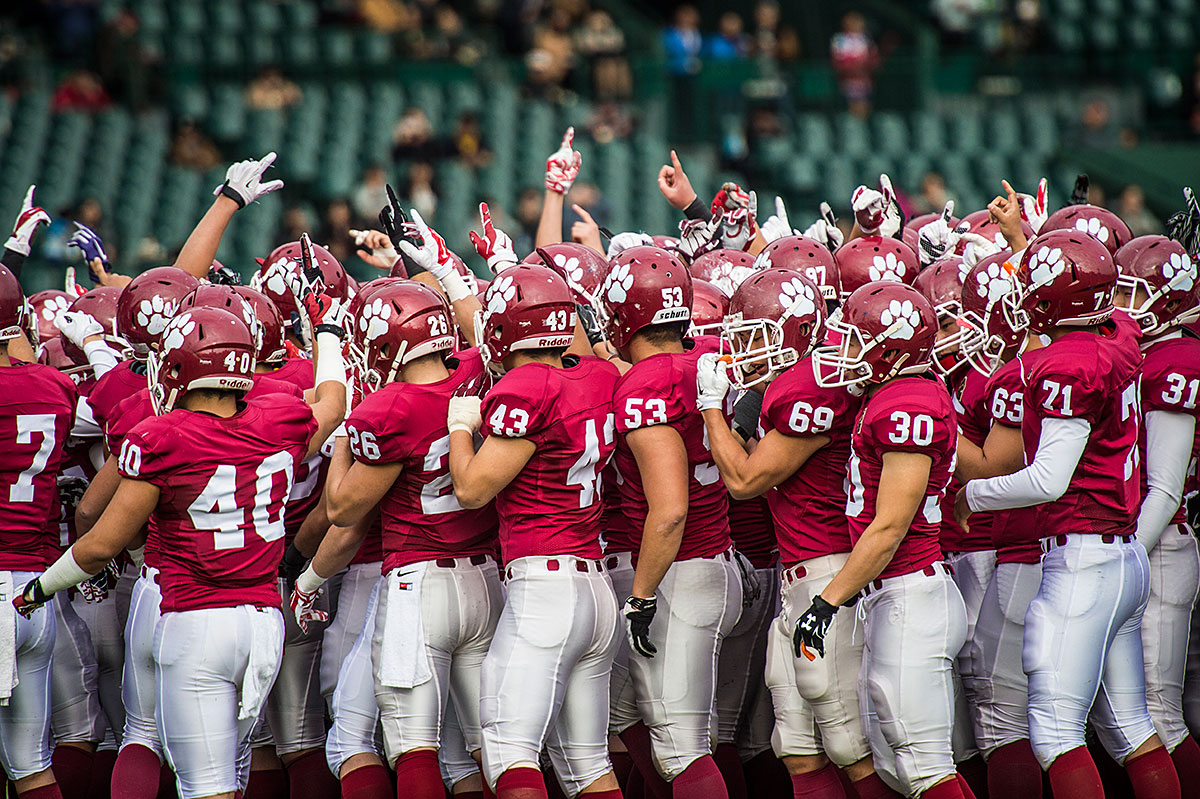
In the process of this study, what attracted her attention was the huge role played by substitute players in improving player motivation. For strong teams with many players, there are many substitutes that cannot even practice with the regular players, not to mention playing in actual games. It is only natural that regular players maintain high levels of motivation and practice enthusiastically, but Yamaura considers, "How the substitutes commit to the team seems to affect how strong a team can be." A team will become stronger if the substitutes can share the same targets and motivation comparable to regular players and positively cheer on and support regulars even if they do not play in the game. Yamaura analyzes this as follows, "The presence of not only captains and other formal leaders but also informal leaders that encourage substitutes to support the regulars from behind the scenes may well be necessary for team sports."
"In sports teams or companies, unless followers themselves set their own targets and voluntarily think about what they should do, not just being forced by leaders like superiors or managers, they cannot grow," Yamaura says. "A team where players maintain good communication with the managers and coaches, but where the players think on their own and enjoy the game, will sooner or later become stronger. I want to demonstrate this and show how teams should be structured, how leaders should act, at the core, and what types of relationships should exist between leaders and followers, in order to make the team stronger." Yamaura concludes.

Kazuho Yamaura
Professor, College of Sport and Health Science
Subject of Research: Study on leadership and the development of such, research on the influence of superior-subordinate relationships and organizational environments on motivation
Research Keywords: Organization Psychology, Social Psychology


